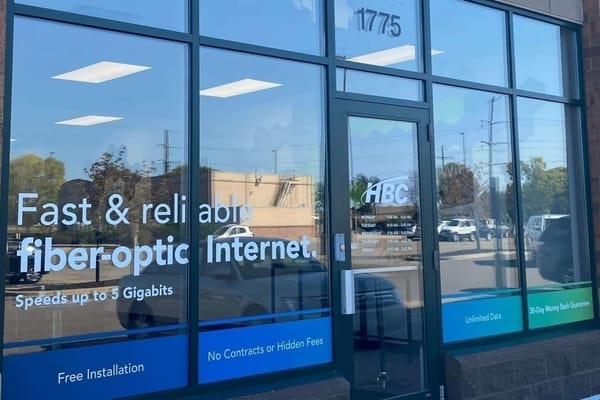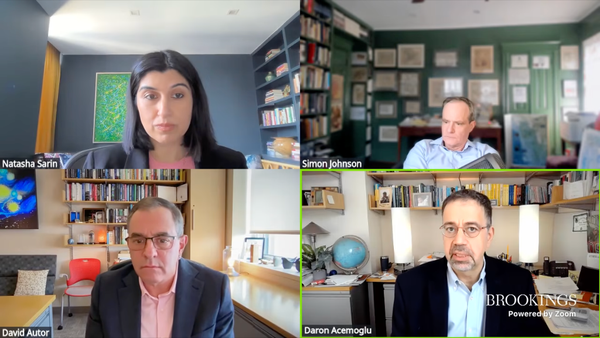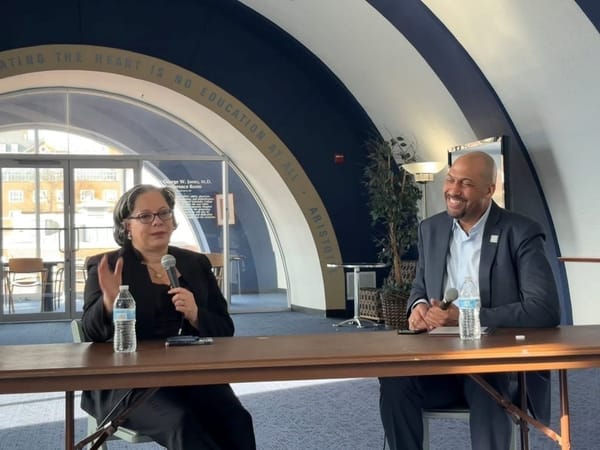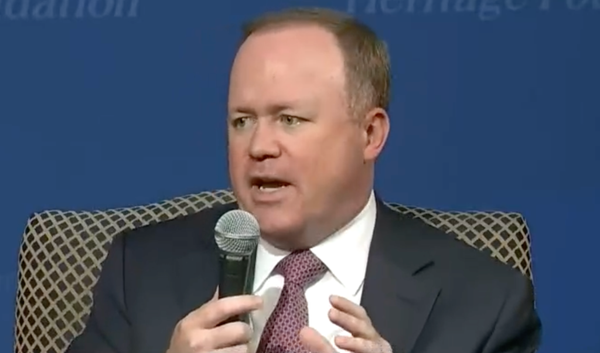INCOMPAS Drives City Preparedness for Broadband Funding with BroadLAND Initiatives
Key objectives include streamlining permitting applications to facilitate wireless and fiber deployment.
Jericho Casper

WASHINGTON, January 22, 2024 – INCOMPAS is spearheading efforts to guide cities in readying their administrative processes for the receipt of Broadband Equity Access and Deployment funding, having issued guidelines urging local governments to establish procedures that accelerate the delivery and implementation of vital broadband initiatives.
Part of the trade group’s BroadLAND campaign, INCOMPAS released a video showcasing mayors nationwide advocating for cities to adhere to steps outlined in the BroadLAND Ready City Checklist in a press release on Friday. This tool, created by INCOMPAS, delineates five primary objectives for cities gearing up for broadband projects.
INCOMPAS submitted comments to 45 state broadband offices in December, calling for state and local governments to utilize the checklist as a guide to effectively implement the grants given through the BEAD program.
One of the checklist’s key objectives is streamlining the review of zoning and permitting applications to facilitate wireless and fiber deployment. This includes efficient use of existing infrastructure in compliance with federal law.
Cities are urged to adopt efficient intake procedures, such as batch permitting and electronic submission, with the goal of approving or denying all project-related forms, applications, and documentation within 30 days of submission.
Mayor Rex Richardson of Long Beach, California, emphasizes the importance of blanket term permits, in the recent video. Rather than approving numerous applications for the same project, he suggests approving the overall design, streamlining the process for faster implementation.
The BroadLAND Ready City Checklist also focuses on objectives such as aligning application fees and right-of-way access fees with objectively reasonable costs incurred by the jurisdiction. It encourages cities to allow innovative deployment processes like micro-trenching, promoting faster work in the deployment of these future-proof networks.
To ensure that broadband funding is efficiently spent on projects, the checklist advises supporting smart street restoration obligations that match the construction scope required for deployment. These obligations should be set at the time of the application, ensuring communities maximize the benefits of their broadband dollars.
Mayor Matthew Tuerk of Allentown, Pennsylvania emphasized the significance of readying city processes in the video, noting that when a community is being considered for investment, it may happen discreetly, and a lack of preparation could lead to exclusion from consideration. Tuerk emphasized that a community might only become aware of being overlooked when a similar community secures a private sector investment due to superior systems in place.
In a statement released on Friday, Chip Pickering, CEO of INCOMPAS and co-chair of the BroadLAND USA Campaign, stated that America’s mayors have the authority to influence a better broadband future and should take steps in preparation for the historic opportunity to provide improved internet to millions of families in need.
“As federal and state policymakers seek to implement the bipartisan Infrastructure Act, they should look to mayors and local leaders who lead fiber friendly cities that welcome competition, faster speeds and lower prices,” Pickering asserted.











Member discussion